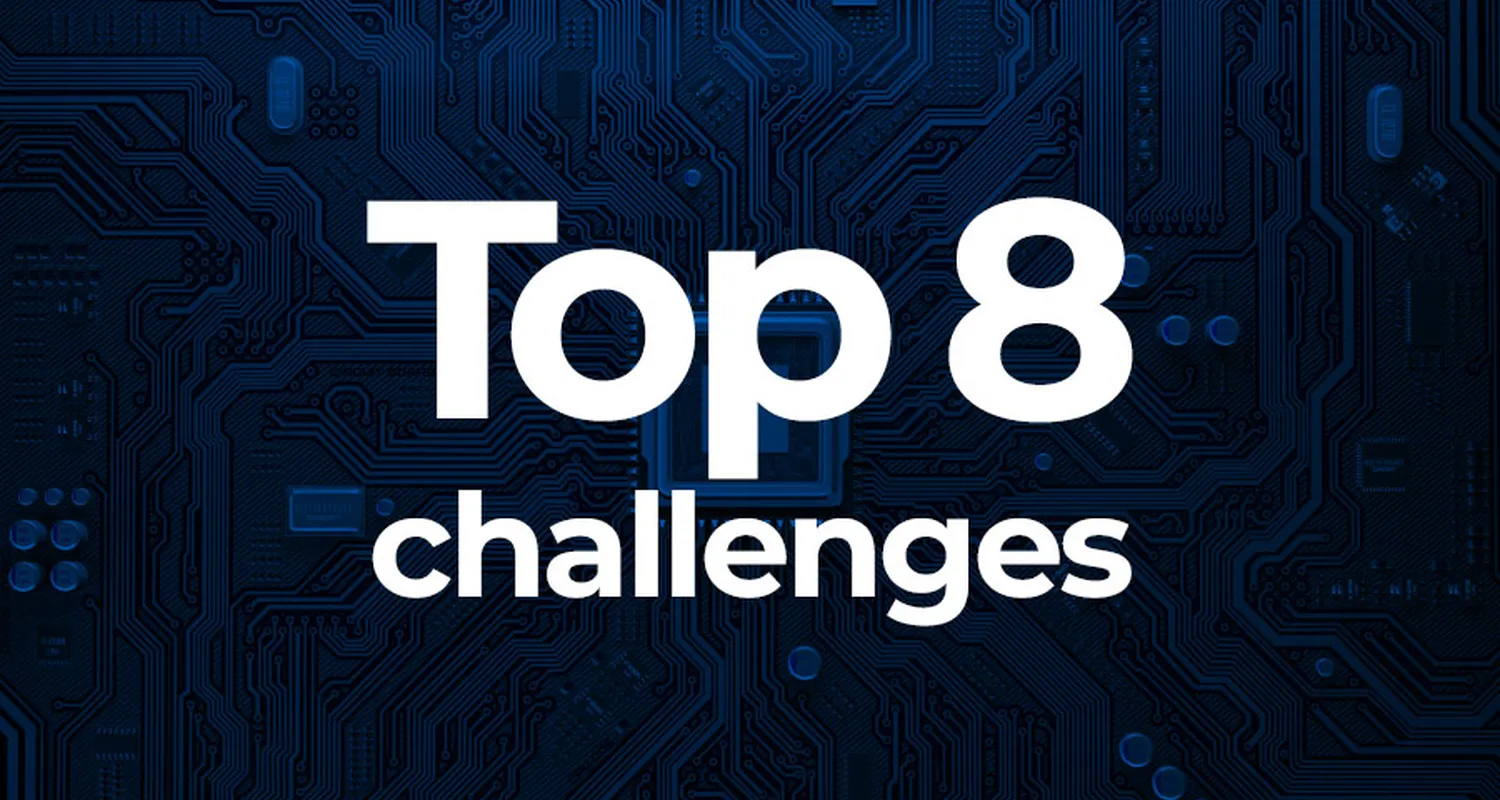Speaking with Technology industry experts and leaders, we noticed a shift away from how they saw major challenges last year. The current decade will be full of surprises.
As per the study, the top 8 challenges that will impact in the 2020s, are:
- Privacy, data governance, ethics & regulation
- Management of big data
- Finding technology talent & realigning jobs
- Digital transformation of enterprises
- Optimising AI’s potential & risks
- Cloud networks & infrastructure
- Commercialising technology innovations
- Cyber frauds & deep fakes
1.
Privacy, data governance, ethics & regulation
Akin to precious metals, data is a hugely valuable resource. Tech giants like Google, Facebook, Amazon, and Twitter gather data and employ it as a strategic business input to develop and monetise it for new revenue streams.
Electronic monitoring of people at the workplace or otherwise, interception of email and voice communications, merging of personal and professional databases and increasing hacking are all raising ethical flags.
Increasingly, data-security (and breaches) is a major challenge for every business. Even AI is perceived to be a facilitator of selective data-thefts. Thus the solutions for protection will also need to be more intelligent.
The public perception of such applications is raising a lack of trust issue. Thus, data protection has become extremely critical, inviting more government scrutiny, regulations and controls like GDPR.
2.
Management of big data
Enterprises are becoming highly dependent on big data and analytics to harness their business potential. The data capturing tools employed include direct and hidden sources such as browser & search history, shopping logs, mobile text and voice communications, subscription of apps, and credit card payments. Capturing such a large volume of sensitive data and information, often infringing upon the user’s privacy, makes it a digital hazard of immense proportion, prone to accidental leakages and misuse.
It also has huge applications in manufacturing, research, marketing, financial analytics, banking and healthcare in relation to optimising operations and process, predictive modelling and future planning.
Thus, securing the distributed and complex processing frameworks, which are primarily in the cloud, has also become very complicated.





